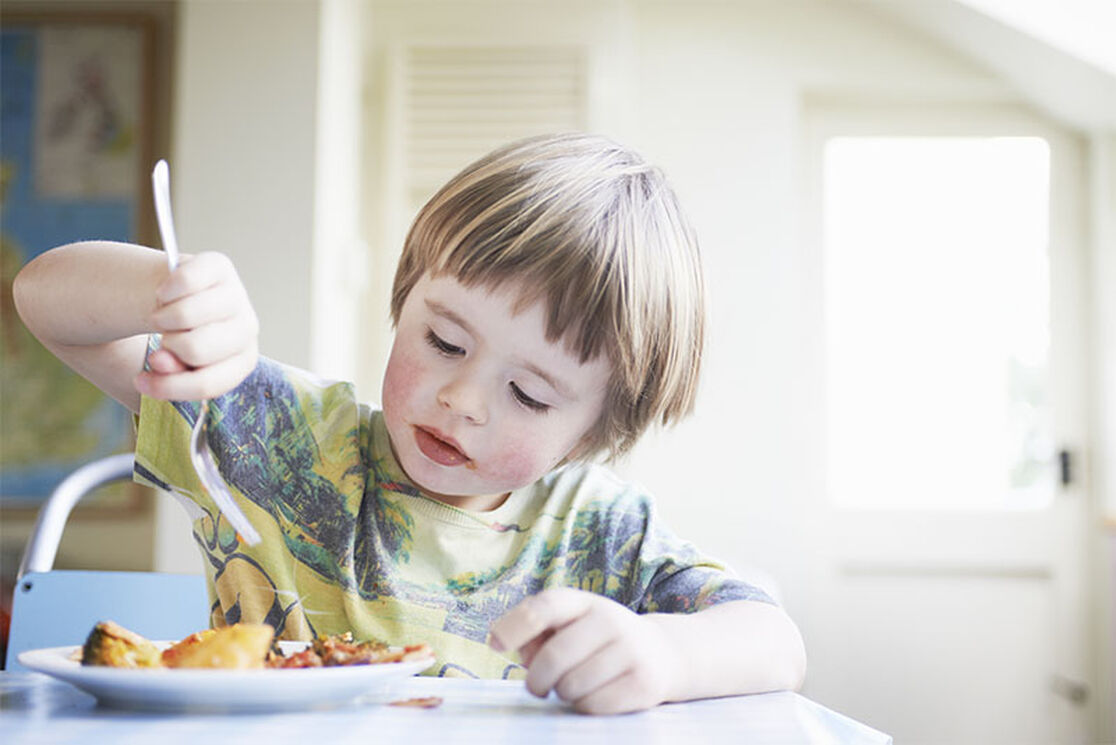One of our favorite parts of the holiday season is enjoying yummy food with friends and family, but this can also be a tricky time for those with food allergies. For today’s Wellness 101, our friend from Children’s Hospital Los Angeles (CHLA) are sharing some helpful tips for keeping kids with food allergies safe.
People with food allergies must avoid their allergens (the foods that trigger the immune reaction), and their diets must be restricted to safe foods. Restricted diets aren’t easy on children. Younger children may feel frustrated when they can’t share the same food as siblings or friends; older children may feel depressed or angry when a food is taken away. Restricted diets aren’t easy for their caregivers either — some feel guilty that their child has to sit at a “peanut-free” lunch table, anxious about accidental exposures to the allergen, or unsure how to handle birthday parties or restaurants, and they wonder if their child is getting the right nutrients.
We’ve collected some tips to help keep children with food allergies safe and healthy:
- Always carry diphenhydramine (brand name: Benadryl) and injectable epinephrine. Being prepared feels good, lowers stress, and could save your child’s life.
- Make an earthquake kit with antihistamines, an epinephrine auto-injector and allergy-free snacks.
- Find a different way to celebrate holidays, birthdays and other special occasions — there are many allergen-free cake recipes, mixes and even bakeries. Your dietitian will have suggestions and can help give grandmother’s recipes a make-over to fit your needs.
- Educate all caregivers of the allergic child, including all adults in the family and older siblings, teachers, neighbors, school bus drivers, soccer coaches and any other adult who may need to take care of your child. Clearly explain your child’s allergy and what is not safe.
- Be careful if you keep trigger foods in the house. Children may be tempted to try a food or it may be given to them accidentally.
- Prevent cross-contamination by having special cups, plates and possibly even designated cookware.
- Be careful using food as a reward; this may make food too attractive. Remember food is fuel for the body; we only eat foods that won’t make us sick.
- Always travel with allergen-free snacks.
- Keep a “safe” snack drawer at home for easy allergen-free go-to items.
- Change the focus of social occasions from food to activities — go for a hike, learn a new craft together, take a dance class or fly kites at the beach.
- Find reliable resources. There are support groups of other parents or online forums that can provide some stress relief, and other parents sometimes have the best ideas for solutions to problems, as they may be experiencing the same issues. Just make sure the information is accurate. We recommend using reliable resources such as foodallergy.org and kidswithfoodallergies.org.
Most importantly, stay positive and united. Remind the whole family how good they feel by keeping the allergic child safe and well supported.
~Jill Madison, MS, RD, CLC, Clinical Dietitian II
Jill completed her dietetic internship with UCEDD and is currently an outpatient RD in CHLA;s AltaMed Clinic and the Food Allergy Center.
We aim to provide you with the most honest and credible information possible. This article was reviewed for accuracy by The Honest Team and was written based on sources that are linked at the bottom of the article.
blog_review_statement



